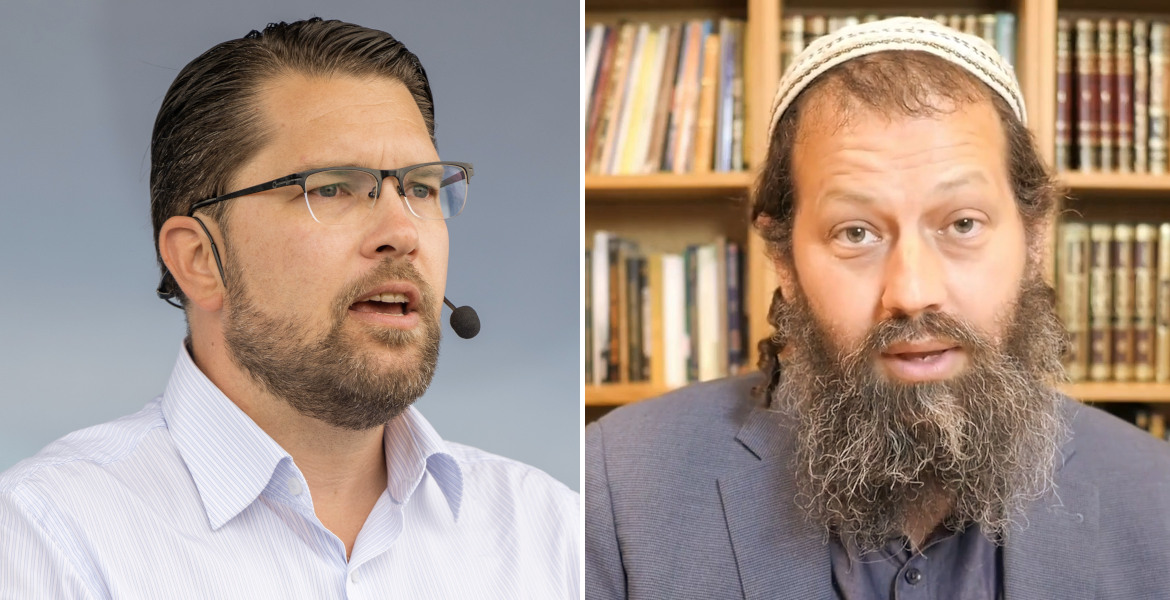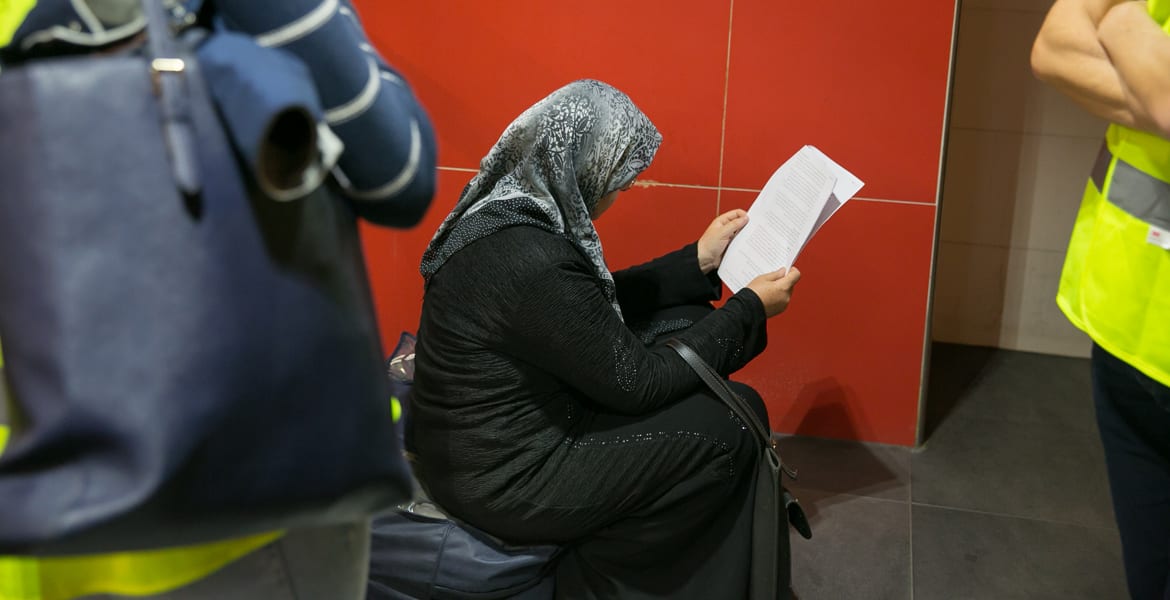Sweden's Minister for Gender Equality, Paulina Brandberg, is so afraid of bananas that her staff have to check beforehand that the premises she visits are 100 per cent "banana-free".
Brandberg is not the only Swedish official to suffer from "banana phobia" - Social Democrat MP Teresa Carvalho says she feels "uncomfortable and gets cold sweats" when she sees the yellow berry.
Brandberg herself has admitted on Twitter (now X) that she has a "banana phobia", and it is also said that her staff have to check in advance that there are no bananas in the places the minister will be visiting.
"It would be appreciated if there were no bananas in the areas where she will be staying" and "there must be no bananas in the premises" are two requests sent to the National Court Administration and the County Administrative Board before her visit.
When Brandberg was due to meet the Speaker of the Riksdag, Andreas Norlén, a request was also made that "no traces of bananas may be found in the areas where the minister will be" - which was also granted.

Tweet translation:
"I have banana phobia"
"Mmm... would be tasty with a banana! (have the worlds wierdest phobia against bananas...)"
Not alone
Unlike Brandberg, her colleague does not write that it is a phobia or an irrational fear, but that it is a "severe allergy". The minister also confirms to Bonnier's Expressen newspaper that she "gets professional help to deal with the banana phobia".
It is worth noting that Brandberg is not the only Swedish official who is afraid of bananas. Curiously, Teresa Carvalho of the Social Democrats says she suffers from the same sensitivity and that she "feels uncomfortable and gets cold sweats" when she sees the berry - although she says that over the years she has "learned to deal with it in everyday life".
The inability of Swedish leaders to be in the same room as the yellow berry has caused a stir on social media, with some arguing that the phobia should be respected and taken into account - in the same way that people cannot cope with heights or confined spaces.
Finance Minister Elisabeth Svantesson (M) is among those who support Brandberg and believes that banana phobia does not affect her role as a politician.
"Spoiled children"
Others are much more critical of the fact that people who are supposed to lead Sweden have this kind of mental health problem, saying that it says a lot about the quality of our politicians and that they should just pull themselves together and get their act together.
"You are spoiled children. It's a damn shame you're living off our tax money", reads one judgement.
"It is less appropriate that we have a minister who can be thrown off balance by the presence of a banana in the room", writes another.
"If you are afraid of bananas, you should definitely not be running a country", says a third.
Ni är är bortskämda barn. En jävla skam att ni är avlönade på våra skattepengar.
— Dimman (@DimmanJr) November 13, 2024




